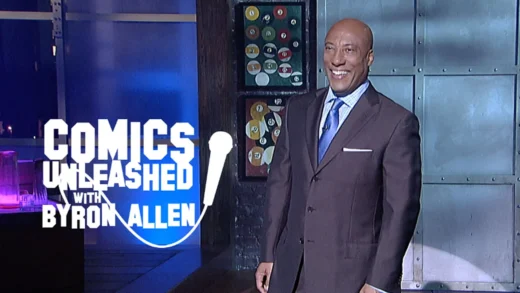After filling out an extensive application and submitting five to 15 pictures of themselves, applicants must produce a “well-lit” video of themselves “dressed as if going to a nice dinner,” showing off their apartment, their pets, and talking about what their ultimate fantasy date would be.
If the producers decide they’re interested in a potential contestant, that person would be invited to come to LA for one of two final audition weekends — all expenses paid — to meet the production team in person.
A 150-question personality test is filled with multiple-choice and true-or-false questions: Do you have out-of-body experiences? Do you think you can control things with your mind? Have you ever wanted to kill someone? Some of these questions would be asked several times, with different wording.
The next day, a Saturday, they would be escorted to a room to have a one-on-one interview with a producer. There would likely be candles and mood lighting.
After 20 minutes of speaking with the producer privately, they would be walked to an adjoining room, where they would be greeted by roughly two dozen producers sitting stadium-style. The producers would have the potential contestants sit down and would start asking them questions, rapid-fire. Had they watched the last season of “The Bachelorette”? Did any of the guys stand out? What were they looking for in a man? What was their dream job? If they could have that dream job if they cut off one of their limbs, would they do it? Would they rather have a DDD bra cup or write a cover story for Vogue?
Just as the questions started to become more outlandish, the producers would wrap up the session and a handler would take the person to meet with the show’s therapist. From 2002 through summer 2017, that was Dr. Catherine Selden.
According to the California Board of Psychology, Selden is a state-licensed psychologist who graduated from Pepperdine University and has no disciplinary actions against her license. She was always made available to contestants throughout the season — she was not a presence on set but emerged any time she was requested — and cast members were supposed to meet with her after they were eliminated.
But contestants were first acquainted with Dr. Selden during the casting process. So she would be in possession of the personality test they had previously filled out and would spend roughly an hour asking questions about it.
At times, she would get personal: Had they ever cheated on anyone? Did they have a history of mental illness or depression? Did they ever drink too much? Did they ever get into fights when they were drunk?
Next, the handler would bring them to a private investigator. This person would be trained to dig up any skeletons in the closet — partly to use for their storyline but also to get ahead of any tabloid stories that could come to the surface if they were on the show. Had they ever been arrested? Had they ever sent nude photos to anyone? Had they ever made a sex tape? Had they gotten a DUI?
Finally, the potential contestant would be taken for a medical examination. Samples of their blood and urine would be collected. These samples would be tested for drugs and sexually transmitted diseases. They would fill out their medical history and answer questions about their health. If they were on any medication, they would tell the medical professional, who would want to know whether they would need their pills during production.
If it turned out the person had an STD, they would be taken out of the running immediately. And apparently, that’s the top reason applicants don’t make it onto the show.
“As soon as the medical tests came back, you’d see that herpes was the biggest thing,” said Ben Hatta, [creator and executive producer] Mike Fleiss’s old assistant. “And sometimes you’d be the first person to tell a contestant that they had herpes. You’d be like, ‘Uh, you should call your doctor.’ Why? ‘We’re not going to be able to have you on our show, but you should call your doctor.’
“Then they’d realize they’d been denied from ‘The Bachelor’ and now a bunch of people knew they had herpes.”
As for the psychological testing, Fleiss likes to say that “The Bachelor” has some of the most thorough background checks in the business.
“We’re really careful about who we let on the show,” he said at the Banff World Media Festival in 2012. “We lose a lot of great potential characters because we’re so tough and stringent . . . Anyone who has any sort of borderline personality disorder or instability or any sort of past involving contemplation of suicide — we just can’t take the risk. We just don’t.”
But according to numerous producers who have worked on “The Bachelor,” the rules aren’t always that strict.
(Excerpt) Read More in: The New York Post




